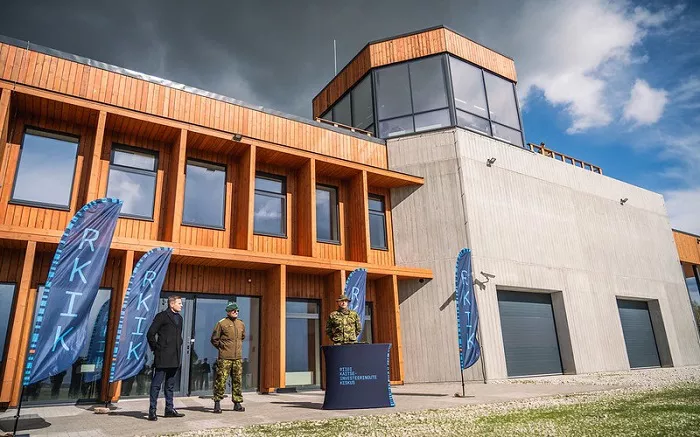On Saturday, the University of Antwerp initiated a pioneering local climate study in Brasschaat, Belgium, with the launch of a specially equipped drone. This innovative project aims to provide valuable insights into the health of trees, the impacts of climate change, and plant-environment interactions by utilizing a drone to fly autonomously over the De Inslag forest.
This study is a world first, with the drone equipped with seven instruments that will conduct simultaneous measurements during its daily flights. The drone will follow a fixed route each day, soaring several dozen meters above the forest canopy for 30-minute flights. The onboard instruments will gather precise data on treetop temperatures, leaf coloration, and the amount of light emitted by the trees.
De Inslag forest has been a key research site for the University of Antwerp and the Institute for Forest and Nature Research (INBO) since 1996. The university has focused its studies on climate change, while the INBO monitors air pollution. In addition to the drone, a 40-meter-high tower already stands in the forest, equipped with more than 100 sensors that track CO₂ absorption and emissions. The introduction of the drone enhances the research capabilities, offering new opportunities for a better understanding of the forest’s dynamics, including a more accurate assessment of forest fire risks.
Flemish Minister-President Matthias Diependaele (N-VA) emphasized the importance of this research, stating, “Such scientific research can achieve breakthroughs in various ecological processes and consequently contribute to unique discoveries that benefit our Flemish economy and society.” The project is supported by the Flemish government through the Fund for Scientific Research (FWO).
This initiative not only advances the scientific study of climate change but also demonstrates the increasing role of drones in ecological research, offering a more comprehensive view of environmental health and the potential to improve forest management strategies.


